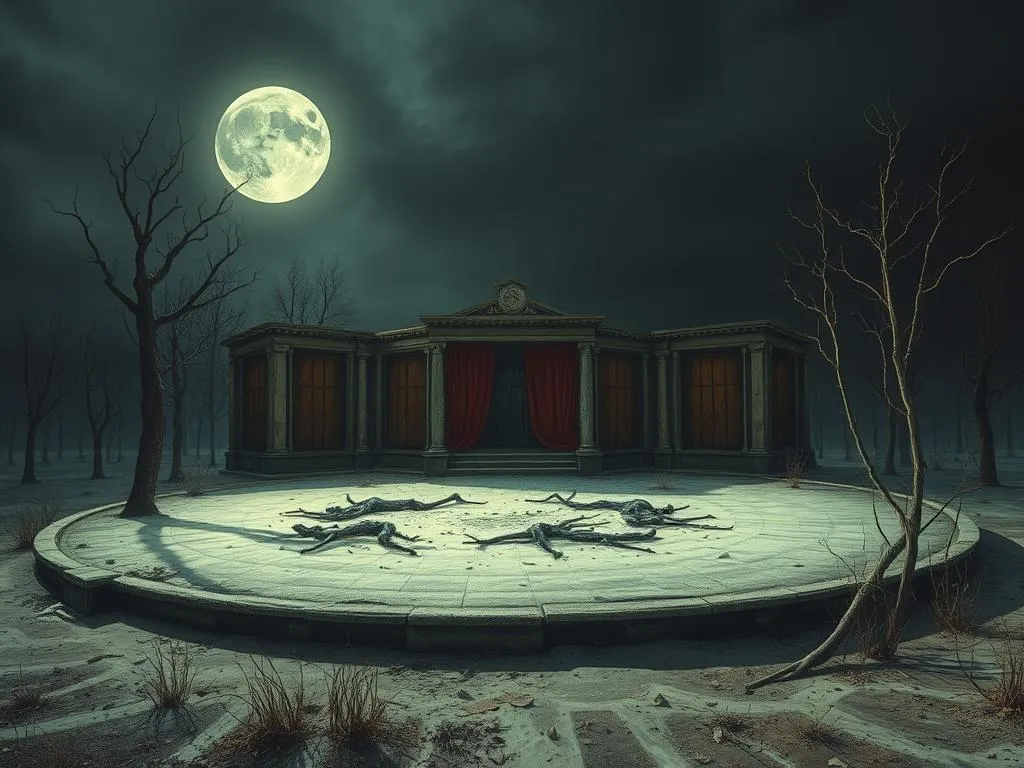As we navigate the complexities of life, there comes a time when we must confront the profound and often mysterious process of the ‘dying stage.’ This spiritual journey, while deeply personal, holds the potential to unlock profound insights and catalyze profound personal growth. By exploring the dying stage spiritual meaning, we can gain a deeper understanding of the transformative power that lies within this pivotal transition.
In the first paragraph, we must include the phrase ‘dying stage spiritual meaning’ at least once. Here is an example:
The dying stage spiritual meaning is a topic that has captivated the human imagination for centuries. It is a time of profound reflection, a moment when the veil between the physical and the spiritual realms seems to thin, allowing us to glimpse the deeper truths of our existence. Whether you are facing the impending loss of a loved one or contemplating your own mortality, exploring the spiritual significance of this stage can provide solace, clarity, and the opportunity for profound personal growth.
The second paragraph should continue to engage the reader and further explore the topic:
As we delve into the dying stage spiritual meaning, we must acknowledge the inherent complexity and individuality of this experience. Each person’s journey through this transition is unique, shaped by their beliefs, cultural traditions, and personal experiences. Yet, there are universal themes and insights that can guide us as we navigate this profound and often challenging time. By embracing the transformative power of the dying stage, we can find solace, wisdom, and a renewed sense of purpose, even in the face of the most daunting circumstances.
Key Takeaways
-
The Dying Stage as a Spiritual Awakening: The dying stage spiritual meaning often encompasses a profound spiritual awakening, a time when the individual may experience a deeper connection to the divine, a heightened sense of purpose, or a newfound clarity about the nature of their existence.
-
Letting Go and Embracing the Unknown: The dying stage is a time of profound letting go, as the individual must release attachment to the physical world and embrace the uncertainty of the unknown. This process can be challenging, but it also holds the potential for personal growth and spiritual transformation.
-
Connecting with the Afterlife: For many, the dying stage spiritual meaning involves a deep exploration of the afterlife, a search for meaning and a sense of what lies beyond the physical realm. This can provide comfort, hope, and a sense of continuity in the face of the unknown.
-
The Importance of Ritual and Community: During the dying stage, the support of family, friends, and community can be invaluable. Rituals, ceremonies, and shared experiences can help to honor the individual’s journey and provide a sense of belonging and connection.
Exploring the Dying Stage Spiritual Meaning
As we delve deeper into the dying stage spiritual meaning, it becomes clear that this transition is not merely a physical process, but a profound spiritual journey. At its core, the dying stage represents a profound letting go, a release of attachment to the physical world and a surrender to the unknown.
One of the key aspects of the dying stage spiritual meaning is the potential for a profound spiritual awakening. During this time, individuals may experience a heightened sense of connection to the divine, a deeper understanding of the nature of their existence, or a renewed sense of purpose. This spiritual awakening can provide comfort, clarity, and a sense of peace in the face of the unknown.
For many, the dying stage also involves a deep exploration of the afterlife. This search for meaning and a sense of what lies beyond the physical realm can be a source of both comfort and uncertainty. However, by embracing the mystery and allowing themselves to be open to the unknown, individuals can find solace in the continuity of their spiritual existence.
The role of ritual and community during the dying stage cannot be overstated. Ceremonies, rituals, and the support of loved ones can help to honor the individual’s journey and provide a sense of belonging and connection. Whether it is the recitation of sacred texts, the lighting of candles, or the sharing of stories, these practices can help to create a sacred space in which the individual can find comfort and strength.
Another key aspect of the dying stage spiritual meaning is the importance of letting go and embracing the unknown. As the individual releases attachment to the physical world, they may experience a sense of profound loss, fear, or uncertainty. However, by allowing themselves to surrender to the process, they can find the courage to face the unknown and unlock the transformative power that lies within this transition.
Throughout this journey, it is important to remember that the dying stage spiritual meaning is a highly personal and individualized experience. Each person’s path will be unique, shaped by their beliefs, cultural traditions, and personal experiences. By honoring this diversity and respecting the individual’s journey, we can create a more compassionate and supportive environment for those who are facing the profound challenge of the dying stage.
Conclusion
As we reflect on the dying stage spiritual meaning, it becomes clear that this profound transition holds the potential for profound personal growth and spiritual transformation. By embracing the mystery and uncertainty of this journey, we can unlock the transformative power that lies within the dying stage and find solace, wisdom, and a renewed sense of purpose, even in the face of the most daunting circumstances.
Whether you are facing the impending loss of a loved one or contemplating your own mortality, exploring the spiritual significance of the dying stage can provide a deep source of comfort and insight. By cultivating a deeper understanding of this process and honoring the individual’s unique journey, we can create a more compassionate and supportive environment for those who are navigating this profound transition.
So, as you embark on your own spiritual exploration of the dying stage, remember to approach this journey with an open heart and a willingness to embrace the unknown. For it is in the surrender to the mysteries of life and death that we may find the greatest wisdom, the deepest connection, and the most profound transformation.








